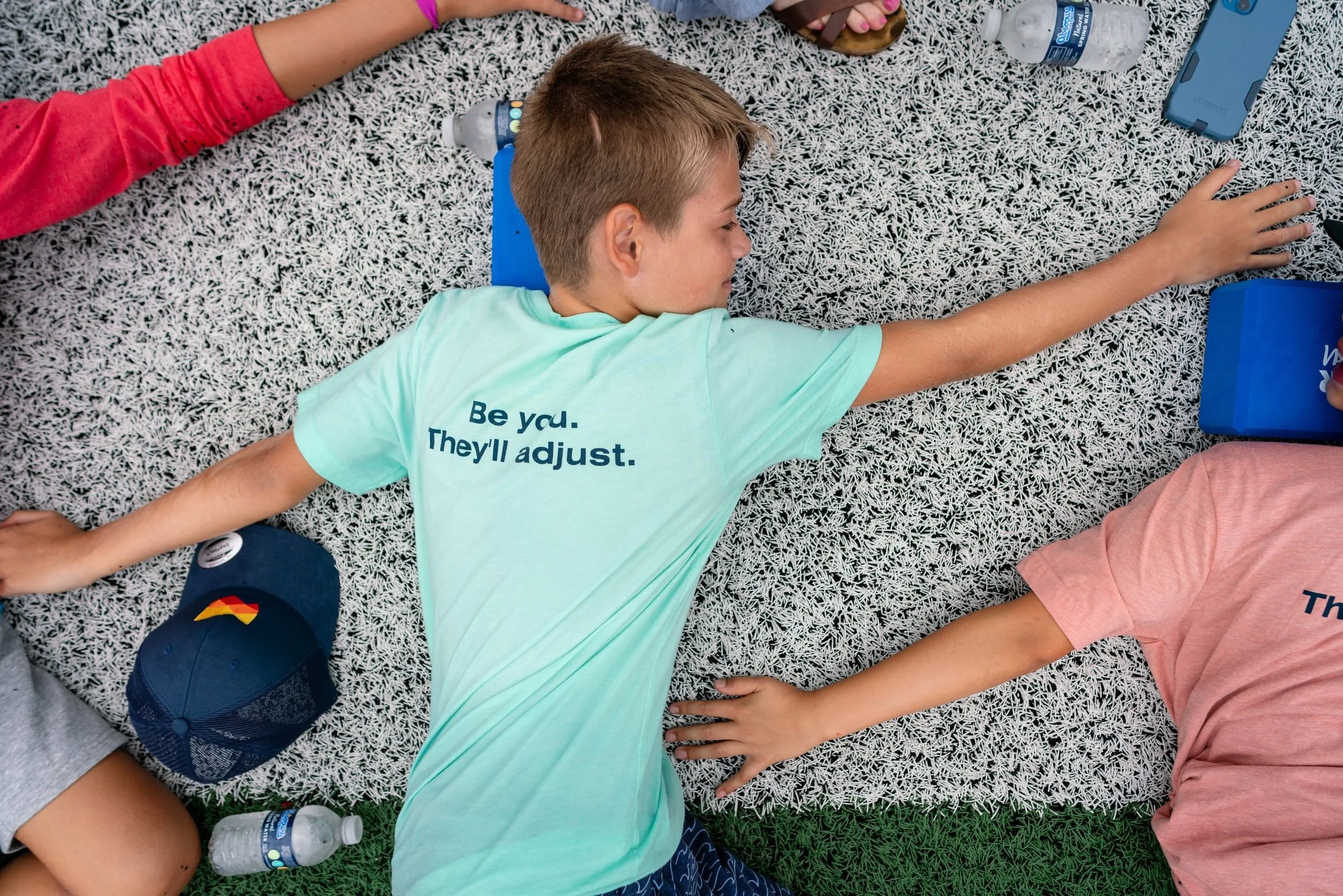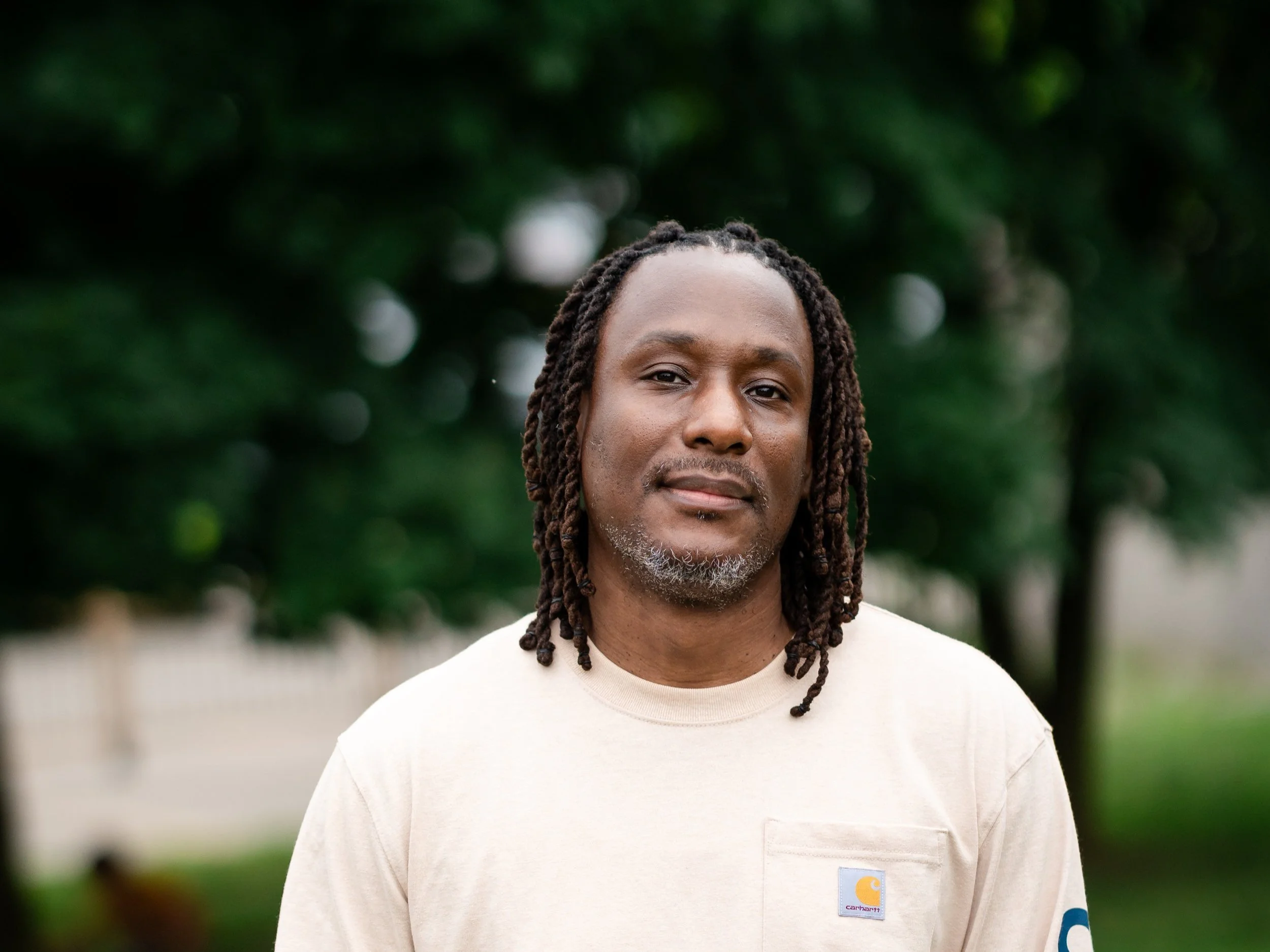
Enhance your performance
Develop the necessary skills to perform well consistently and find greater enjoyment in the process.
Managing Performance Anxiety: Developing strategies to accept that nerves aren’t necessarily unhelpful and optimize focus under pressure.
Developing Sustained/Genuine Confidence: Real confidence isn’t always “feeling” like you will succeed; it’s a process of action, commitment to skill mastery, distress tolerance, and improvement where the feelings are a byproduct of the process.
Strategic Goal Setting rooted in Values: While outcome goals, performance goals, and SMART goals are great, they can often lack the “why” and level of commitment toward that goal and a hyperfocus on the goal itself. Values provide a way of harnessing attention in the present, on controllable behaviors and decisions that are goal-oriented.
Injury Rehabilitation and Recovery: Providing mental tools to cope with setbacks, maintain motivation, and accelerate the return to peak performance.
Transitions: Guiding individuals through significant life and career changes, including transitioning out of sport, moving to higher levels of competition, or navigating tryouts for elite teams.
Recruitment: Assisting aspiring college and professional athletes in preparing mentally for the recruitment process.
Navigating Challenging Environments: Offering support and strategies for managing difficult relationships with coaches and teammates.
Certified Mental Performance Consultants

Frequently Asked Questions (FAQ)
-
Scope of Work Certified Mental Performance Consultant (CMPC): CMPCs often work with athletes, coaches, and teams to optimize performance, motivation, and confidence, but they generally do not provide clinical therapy or treatment for mental health issues.
Our services focus on your core values, staying present, and taking steady steps to reach your personal and work goals. This approach helps anyone performing under pressure, whether on the field, court, stage, or any place you want to do your best.
In our performance division, we use Acceptance and Commitment Therapy (ACT) to improve performance. ACT helps build mental flexibility and skills like stepping back from negative thoughts, handling stress, managing anxiety, building real confidence, staying resilient, focusing better, and taking committed action. Our goal is to help with these skills, clear up misunderstandings about poor performance, and show ways to get better.
-
It's the scientific study of psychological factors influencing participation and performance in sports, exercise, and physical activity.
It's about helping athletes develop mental skills to enhance their performance and enjoyment of their sport.
It focuses on performance enhancement and utilizes performance psychology techniques to help athletes maximize their potential.
-
Anyone who wants to improve their performance or derive more enjoyment from sport and physical activity.
It's not just for elite athletes; anyone who wants to improve their mental game can benefit.
It can be helpful for athletes of all ages and skill levels, including youth, high school, college, and professional athletes.
It can also be beneficial for those involved in the performing arts, business professionals, and recreational individuals.
-
They help athletes develop mental skills like focus, confidence, stress management, and resilience.
They work with athletes to identify and address mental barriers to performance.
They can also work with coaches, parents, and other stakeholders to create a supportive environment for athletes.
They can help athletes develop pre-performance routines and strategies for managing pressure.
They can also help athletes cope with injuries and return to sport successfully.
-
Education and Training: A CMPC is a professional who has specialized training in mental performance and psychology, often with a background in sports psychology, kinesiology, or a related field. CMPCs typically have a master’s degree and have completed specific coursework and experience in performance enhancement.
Certification: To become a CMPC, individuals must complete certification through the Association for Applied Sport Psychology (AASP), which includes meeting educational and experiential requirements and passing an exam. Certification demonstrates expertise in the practical application of mental performance techniques.
Focus: CMPCs are primarily focused on enhancing performance through mental skills training, such as concentration, goal setting, imagery, relaxation techniques, and emotional regulation. They tend to work more with athletes on performance enhancement rather than treating psychological disorders.
Coaches often seek “tough” athletes or mental toughness, but what does that actually mean in practice?
It involves qualities such as psychological flexibility—the ability to adapt to changing circumstances; resilience—the capacity to recover quickly from setbacks; distress tolerance—the skill to manage discomfort or stress without giving up; defusion—the process of distancing oneself from negative thoughts; and focused attention—the ability to concentrate fully on the task at hand despite distractions. These traits collectively define the mental toughness coaches aim to cultivate in their athletes.
How can I manage what I can control?
We focus primarily on what you can control, such as your attention and actions. At the same time, we work to help you defuse and unhook from things beyond your control, including your thoughts, feelings, emotions, and external variables like the weather, timing, or the actions of others. This approach allows you to better manage your responses and maintain a sense of stability in the face of uncertainty.
How can I get more confident?
We can’t simply sit around waiting to feel confident before taking any action. True confidence is rarely something that appears out of nowhere; instead, it grows gradually through consistent practice and gaining real, hands-on experience in the area where you want to feel more assured. Your personal beliefs or thoughts about confidence, while noticeable, are not what truly make the difference. What genuinely matters is whether you are able to take deliberate actions and engage in behaviors that lead to positive outcomes and improved performance. Through this process, confidence is naturally built and strengthened over time.
The question is, can you condition your mind to perform at a high level more times than not when it matters?
Peak performance requires the ability to develop skills in practice and the ability to execute those skills during competition.
Some athletes excel at the first component, demonstrating high levels of performance and skill development in practice—but not always performing at those same levels consistently in competitive performance environments. Other performers demonstrate high levels of skill in competition, but find that they have slower skill development in practice.
The reason for this may be related to a lack of motivation, focus, confidence, enjoyment, stressors outside of the performance environment, or a host of other distractions.
The best athletes and performers are able to harness their attention in training and commit to improvement and effort, and are also able to focus their attention on present-moment, task-relevant information when it’s time to perform.




